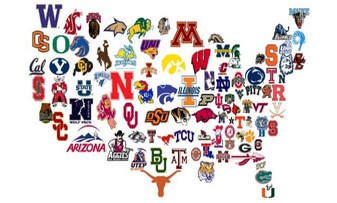
Recently, I discussed how the rules governing the National Basketball Association (NBA) draft system have contributed to the phenomenon of ‘tanking’ in the NBA. Tanking involves NBA organisations implementing a strategy of losing games on purpose with the aim of securing a high draft pick in the following season’s draft. Last week, another scandal has rocked the NBA with the news that several universities, players, coaches and agents have been implicated in FBI surveillance focused on ‘loans’ paid to NCAA players by agents. The players involved include LA Lakers forward Kyle Kuzma, Dallas Mavericks point guard Dennis Smith Jr., and the Philadelphia 76’s number one overall draft pick, Markelle Fultz.
The scale of the corruption has many commentators questioning the amateur structure of NCAA teams. Under NCAA rules, college players cannot receive any financial compensation for playing college basketball. This is despite the fact the college basketball is a multi-million dollar business which generates revenue for both universities and coaching staff. Louisville coach Rick Pitino is the highest paid NCAA coach in 2018, earning an annual salary of over $7 million. Overall, there are 40 NCAA coaches earning $1 million or more per year. The NCAA tournament, known as March Madness, is an American sports extravaganza which is a single-elimination tournament featuring 68 college basketball teams to determine the national championship. The tournament has grossed $19.6 billion in TV money for the NCAA Tournament over the past 22 years.
The NCAA model has contributed to the creation of what economists call a ‘black market’. A black market is a market characterised by some form of illegality or noncompliance with an institutional set of rules. The NBA requires players entering the draft to be at least 19 years of age which has produced one-and-done players that play college basketball for one year before declaring for the draft. As such, recruiters, agents and managers with an in-depth knowledge of the NCAA market can identify the likely NBA draft picks. Highly coveted college players offer an essentially risk free investment to an agent. Given the salaries earned by players on their rookie contracts is likely to be tens of millions of dollars, the agent will hope to recoup his ‘loan’ as well as a percentage of future earnings.
The latest controversies surrounding payments to NCAA players has led to a number of proposed solutions to:
- A reduction in the age limit required to enter the NBA draft which will reduce the number of one-and-done players i.e. those most likely to receive payments.
- An introduction of player salaries in college basketball in line with revenues generated through the basketball programs.
- Allowing college players to generate their own incomes through sponsorships etc.
- Increased regulation in the market for NCAA players with increased punishment for universities and players found in breach of the rules.
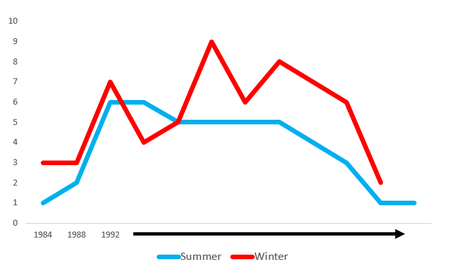
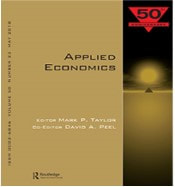
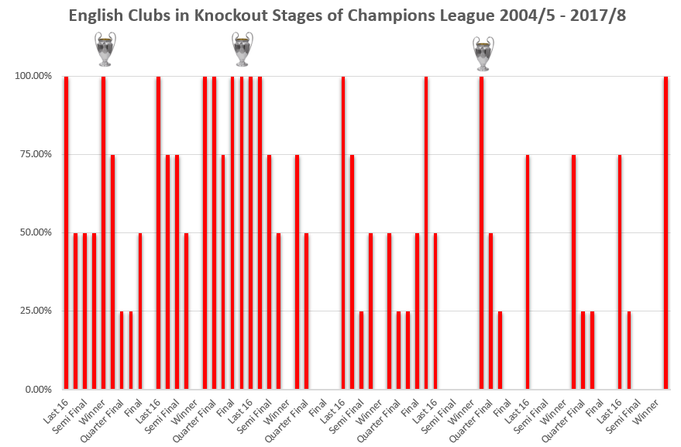
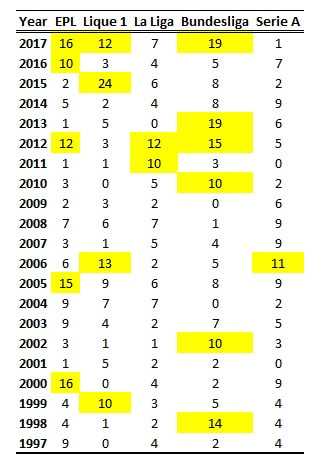
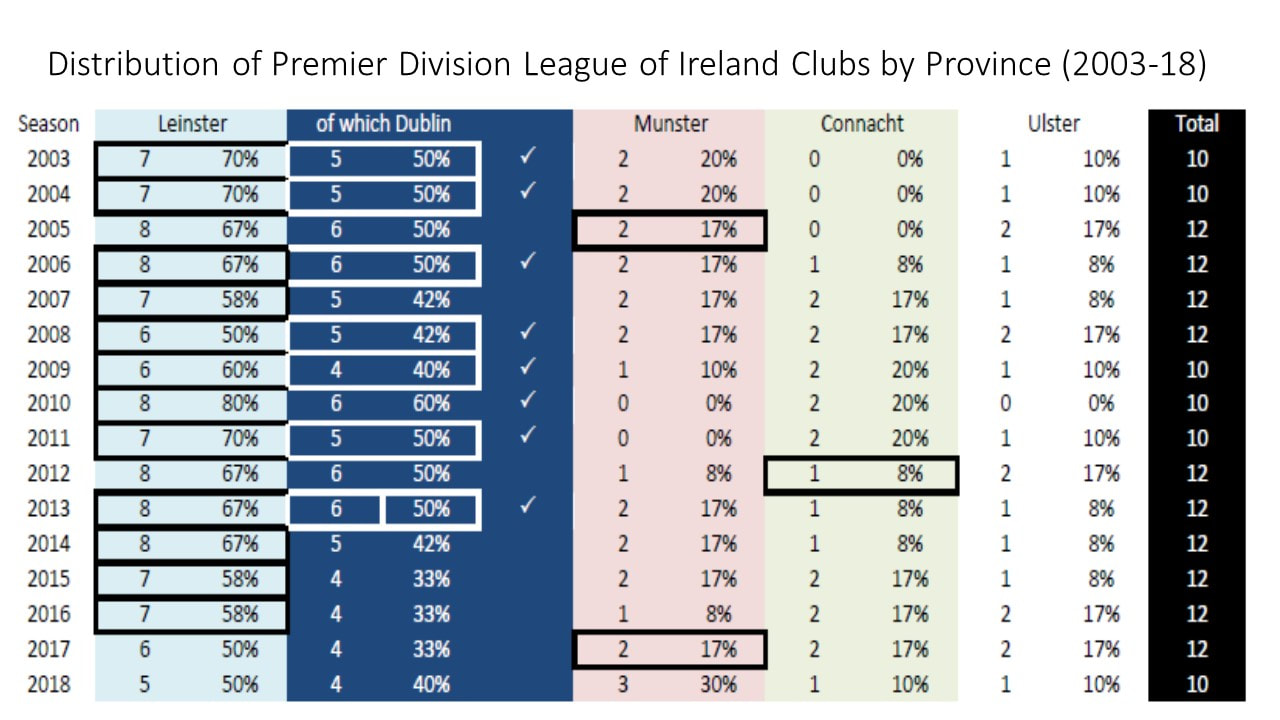

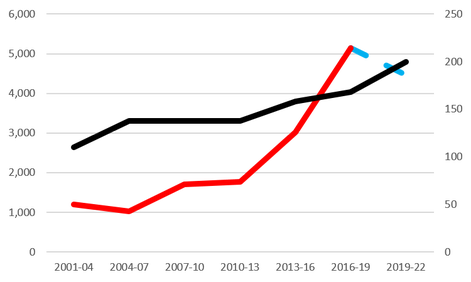
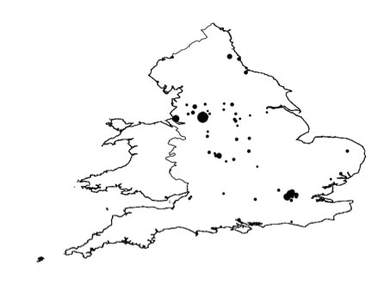
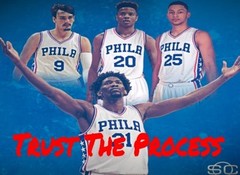
 RSS Feed
RSS Feed